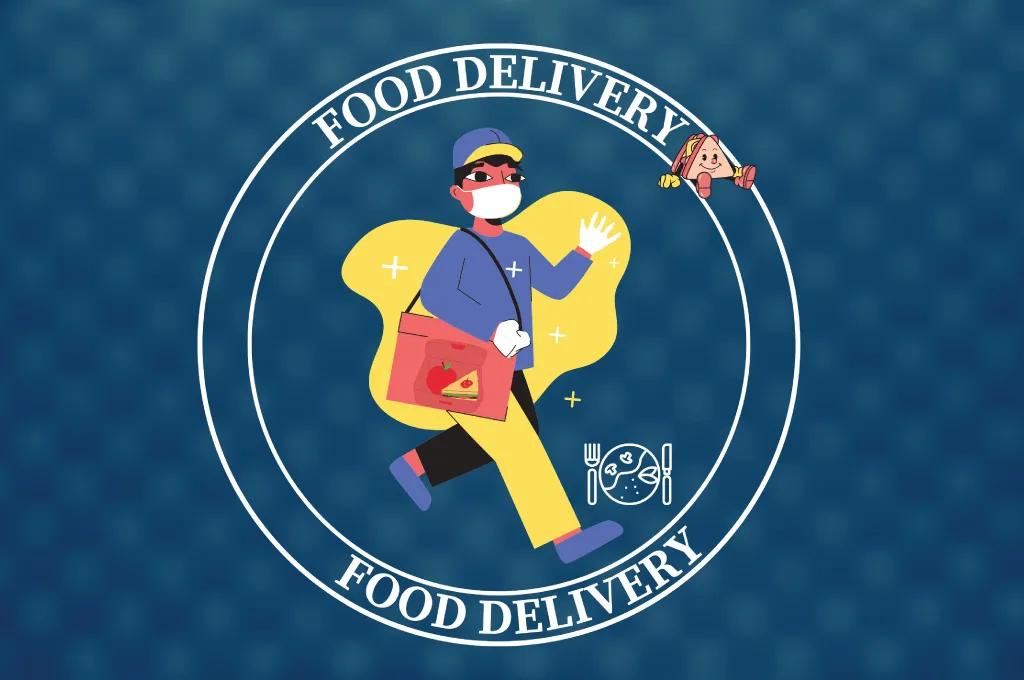The Hidden Costs of Convenience: Examining Malaysia's Third-Party Food Delivery Apps
Third-Party Food Delivery Apps (TPFDA), such as GrabFood and Foodpanda, have taken Malaysia by storm, revolutionizing the nation's culinary landscape with just the touch of a button. These innovative platforms allow consumers to effortlessly explore hundreds of restaurants and cuisines from the comfort of their own homes or workplaces. However, the unparalleled convenience offered by TPFDA has given rise to a multitude of challenges affecting various stakeholders in the hospitality industry.
Consider the unsung heroes of the food delivery world—the couriers. Braving congested and sometimes treacherous road conditions, these dedicated individuals form the backbone of food delivery services. Unfortunately, many couriers lack the employment benefits and stability that most are taking for granted, sacrificing their health, safety, and social lives to keep the consumers’ food cravings satisfied. Tragic cases such as the 33-year-old Sabah GrabFood rider who was killed by a lorry or the Klang Valley GrabFood rider who died after hitting a pothole serve as stark reminders of the risks perils these workers face daily.
Meanwhile, restaurant owners and operators also grapple with their own set of obstacles. While TPFDAs have attracted new customers and boosted revenue for some Malaysian eateries, they have diminished foot traffic for others, particularly small and medium-sized enterprises (SMEs) competing with larger, more established restaurant chains. Moreover, high commission rates imposed by TPFDA companies and slow payments have left many restaurant owners struggling. In response, the Ministry of Domestic Affairs and Consumer Affairs (now renamed Domestic Affairs and Living Costs) has set up a hotline to address these issues and complaints from restaurant operators.
Although TPFDAs bring unparalleled convenience to consumers, they are not without pitfalls. Hidden fees and inflated menu prices can leave customers paying more than they bargained for. Quality control can also suffer when orders arrive cold, damaged, incomplete, or incorrect—a frustrating experience when paying for convenience.
Furthermore, the environmental impact of TPFDA cannot be overlooked. The surge in food deliveries over recent years has led to an increase in packaging waste, exacerbating pollution and climate change issues. Some companies have taken small steps to address this problem, like GrabFood's "opt-in" feature for cutlery, which aims to reduce plastic waste. However, more needs to be done to promote sustainable packaging and environmentally-friendly practices within the industry.
In the ever-evolving landscape of the Malaysian food industry, TPFDA platforms have undeniably carved out a significant niche. However, as one continues to enjoy the convenience and variety they offer, it is crucial to remain vigilant to the challenges they pose for respective stakeholders. Much of the current media and academic focus is on customer perceptions and levels of acceptance. At the Centre for Hospitality Innovation and Leadership (CHIL), in the School of Hospitality and Service Management (SHSM) at Sunway University, the aim is to broaden the inquiry to look at food delivery from the viewpoint of all stakeholders, particularly those who work or own establishments in the hospitality industry.
By promoting research, fostering dialogue, and encouraging collaboration among industry stakeholders, there is scope for the Malaysian TPFDA industry to become more transparent, equitable, and environmentally responsible. While remaining mindful of the potential drawbacks, a move towards open dialogue, innovative solutions, and a shared commitment to fostering positive change can create a more balanced, resilient, and dynamic food delivery industry in Malaysia that continues to evolve and adapt in a way that benefits everyone.
The author is the head of the Centre for Hospitality Innovation and Leadership (CHIL), is currently conducting research in this area is always contactable and is eager to hear from any stakeholders associated with third-party food delivery platforms. By working together, a thriving food culture in Malaysia that not only caters to our diverse tastes but also upholds the values of fairness, safety, and sustainability for all involved can be built.
Dr Gary Daniels
School of Hospitality and Service Management
Email: @email




